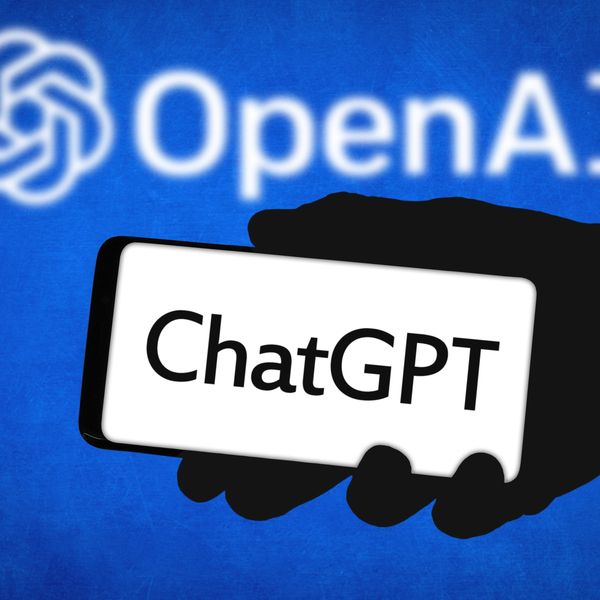Boosting Google Local Search Engine Marketing Ranking Via "Signals" within Social Media
We regularly see our local search engine marketing clients
rank faster with social media as part of a new website launch plan versus not
using it. However, when Google confirmed in December of 2010 that they are
trying to find ways to look at the reputation of the author, or creator, of
FaceBook and Twitter pages, it opens up an opportunity for businesses to make
sure they’re utilizing the right ‘signals’ on their social media sites; the
signals Google picks up on when ranking for search engine results.
At this point, the people at Google have been looking at how
to incorporate the quality of the author, content, and so on, into ranking, and
so far, it’s primarily used in real-time searches in examples where
live-streaming on a page, or individual Tweets show up. At the same time, the Company
is trying to determine if it makes sense to use this ‘signal’ on a broader

Google shared in a December report that content quality,
etc., is used relatively lightly at this point, but it could change over time
depending on how useful it is and how robust it ends up being. Regardless, we
know social media does impact rankings to some degree, so we encourage our
clients to include relevant signals on their social media pages. Relevant
comments, interactions, and new content updating are all important signals to
use. Most importantly, you can’t simply launch a fan page and leave it alone.
If this is your approach, it will not influence or help your rankings. You need
to have a social media page that’s interactive with relevant content and
material as part of your local search engine marketing campaign.
Also, it’s important to keep in mind that if Google can’t
see or crawl your page, it means they can’t assign a page rank to it, which in
turn means it won’t impact your rankings. But, if they are privy to the data,
then they can use it for ranking criteria.
In other words, have an open, non-private page that doesn’t forbid
Google to obtain and crawl it to retrieve input and data it needs to rank you.
One word of caution is to be sure you truly have relevant
content and followers. Don’t go out and get a ton of followers thinking it will
help your rankings. It’s most important to target quality, relevant followers
if you really want it to have a ranking impact. Don’t waste your time with
local search engine marketing by simply getting ‘place holders’ that will do
very little for your social media site or Google rankings. Use your energy in
targeting fans and followers that will add value to your site and rankings
instead.
Social media is growing and changing, and Google’s view of
social media and its impact on ranking is changing with it. With the trend
we’re seeing, social media sites such as Twitter and FaceBook are sure to
impact rankings more and more over time, so it’s wise for businesses to stay
ahead of the curve with their local search engine marketing approach and make
sure their social media sites are current and have relevant fans, followers and
information with consistent updates.



